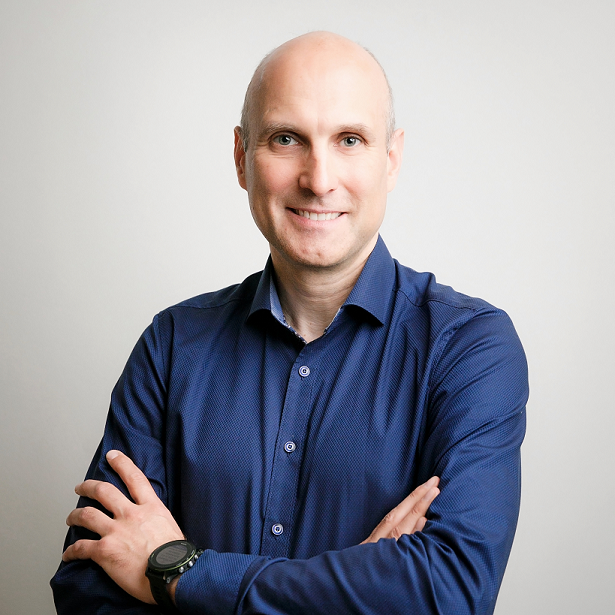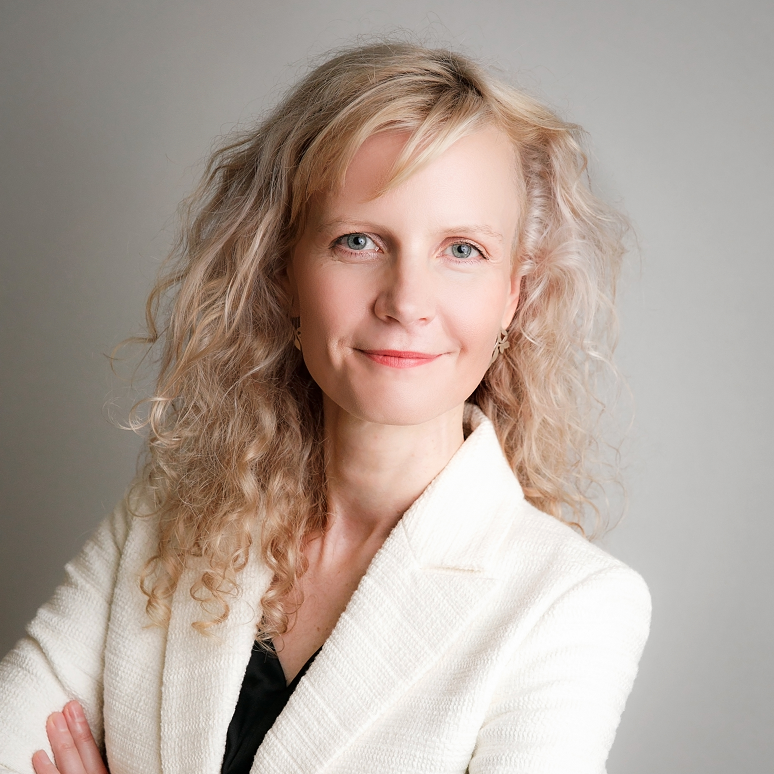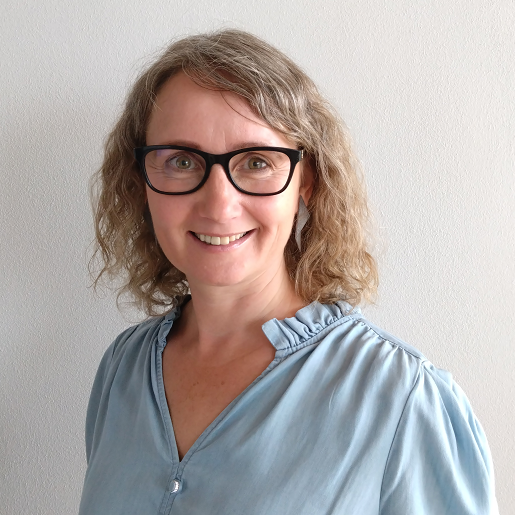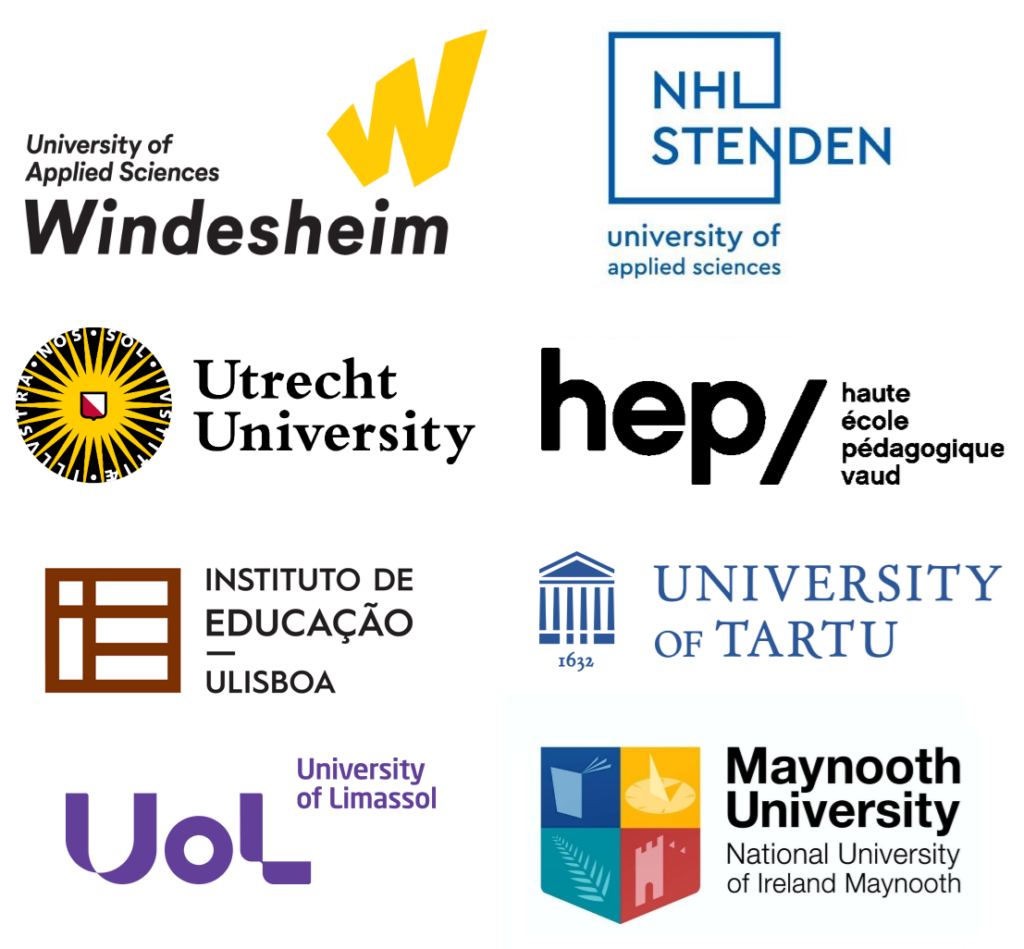LIFT Project – Lesson Study in Future Teacher Education
University of Tartu

The University of Tartu (established in 1632) is the oldest and largest university in Estonia. It is Estonia’s only classical university where research is conducted in the fields of humanities and arts, social sciences, medical sciences, and natural and exact sciences. Today, the university comprises four faculties (Faculty of Arts and Humanities, Faculty of Social Sciences, Faculty of Medicine, and Faculty of Science and Technology) with almost 15,000 students (incl. more than 1,600 international students) enrolled in around 200 research-based undergraduate and postgraduate degree programs.
The University of Tartu belongs to the top 1% of the world’s most-cited universities and research institutions in the fields of Clinical Medicine, Chemistry, Ecology, Plant and Animal Science, Geosciences, Social Sciences, Biology and Biochemistry, and Engineering. The University of Tartu places great importance on international cooperation and partnerships with reputable research universities all over the world. Tartu University also participates in the EU higher education programme Erasmus (since 1999). As of 2021, Tartu University has signed around 1000 Erasmus+ bilateral agreements with more than 500 HEIs across Europe (within KA103) and 100 bilateral agreements with HEIs from 45 countries outside Europe (within Erasmus+ International Credit Mobility KA107). Tartu University is currently contributing as a partner to 35 Erasmus+ “Cooperation for innovation and the exchange of good practices” projects and performing the role of a leading partner in 16 projects.
Two departments from the Institute of Education contribute to the LIFT project – Centre for Educational Technology and Centre for Teacher Education and Higher Education. The competence of the Centre for Educational Technology is in the pedagogical knowledge related to technology-enhanced learning. The Centre is also contributing in teacher education in studies on teachers’ agency. The Centre for Teacher Education and Higher Education focuses on research on learning and agency, self-regulated learning and reflection, including learning in online learning environments. Both centers together focus on improving practices in inclusive education and teachers’ professional development.
The researchers involved in the LIFT project (see below) have participated actively in international R&D projects, e.g. in EC 7th Framework projects Ark of Inquiry (as coordinator), Next Lab, Go-Lab, WatchMe and many Erasmus+ or former Comenius projects, e.g. ACTTEA, EL-STEM, EduTech, ViSuAL, Quantum Spin-off. Some recent Erasmus+ projects have focused on learning in online learning environments in the context of higher education, e.g. EduTech – Online Blended Learning Master’s in Educational Technology and Video-Supported Education Alliance. The results of all these projects have been distributed in Estonia and other countries, as the group has direct links with local and international organizations of practitioners (e.g. in 2019 there was organized EAPRIL conference where there were 464 participants from 33 countries and in July 2020 ICALT2020 conference (International Conference on Advanced Learning Technologies) with almost 200 participants. In addition, the team has been involved in the analysis of the TALIS2018 survey and prepared the national report.
Currently the Institute focuses on developing educational technologies to enhance learning process (collaboration, selfregulation, motivation, and learning outcomes, e.g. inquiry skills) using the affordances of learning analytics, educational data mining, open learner models and modern technologies. Great focus is on studying teacher’s professional agency in different domains.
Key persons in LIFT project

Margus Pedaste is a Professor of Educational Innovation at the Institute of Education of the University of Tartu and the head of the Institute of Education. Until recently, he was the head of Pedagogicum, which is a consortium for coordinating teacher education at the University of Tartu. He specializes in inquiry-based learning and educational technology in both student learning and teacher education. He is one of the 1% of the most cited researchers in Social Sciences, according to Web of Science. He has been a coordinator or principal investigator in many national and international research and development projects, including the 7th framework Ark of Inquiry project. Currently, he is the Associate Editor of Educational Research Review and on the editorial board of several other journals. He is an active member of professional associations EARLI, AERA, EAPRIL, and IEEE.

Äli Leijen is a Professor of Teacher Education at the Institute of Education of the University of Tartu, Estonia. She has PhD in Educational Sciences from the University of Utrecht, the Netherlands. She coordinates the doctoral education programme in Educational Sciences at the University of Tartu. Her main research themes are teacher education, teacher agency, teacher identity, teacher knowledge, teacher reflection, supporting students’ metacognitive processes in different contexts, and ICT as a means for supporting pedagogy and implementing innovations. She has led and participated in various international and national research and development projects. She has worked as an expert in several teacher education developments in Estonia and is an active member of different international research organisations, e.g. from 2015 to 2019, she was an Executive Committee member of EARLI (European Association for Research on Learning and Instruction). She is also a member of the editorial board of the European Journal of Teacher Education and the Estonian Journal of Education.

Liina Lepp is an Associate Professor of General Didactics at the Institute of Education of the University of Tartu, Faculty of Social Sciences. She holds a PhD in Educational Science. Liina is the Programme Director for the curricula of Teaching Humanities and Social Subjects in Basic School. With extensive teaching experience in both didactics and practical subjects for teacher education, her research primarily employs qualitative methods and centers around themes such as teachers’ professional development, video-supported collaborative learning, and inclusive education. She is also a member of the General Education Council at the Estonian Quality Agency for Higher and Vocational Education.
Anni Küüsvek is LIFT project assistant at the Institute of Education.
Contact information
Margus Pedaste margus.pedaste[at]ut.ee
Äli Leijen ali.leijen[at]ut.ee
Liina Lepp liina.lepp[at]ut.ee
Anni Küüsvek anni.kuusvek[at]ut.ee
University of Tartu https://ut.ee/en

